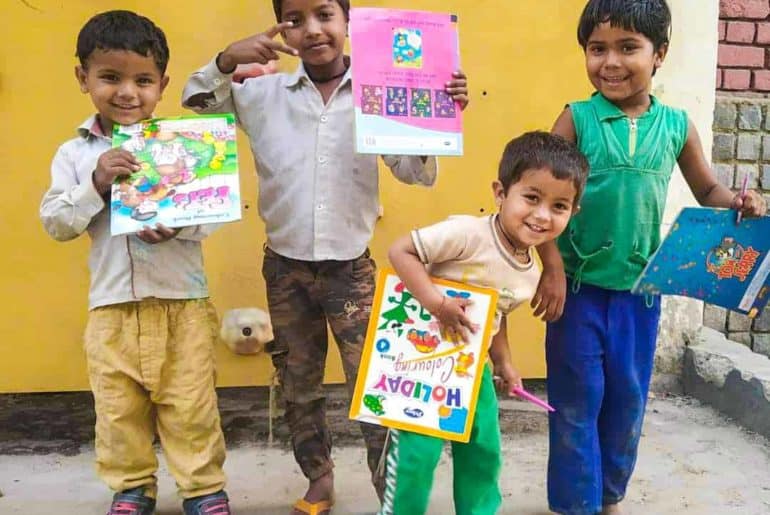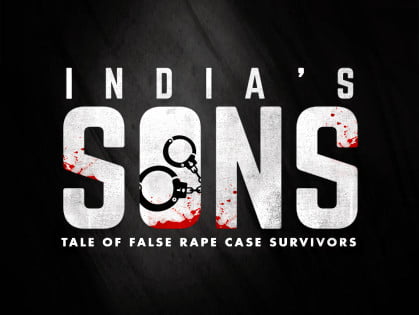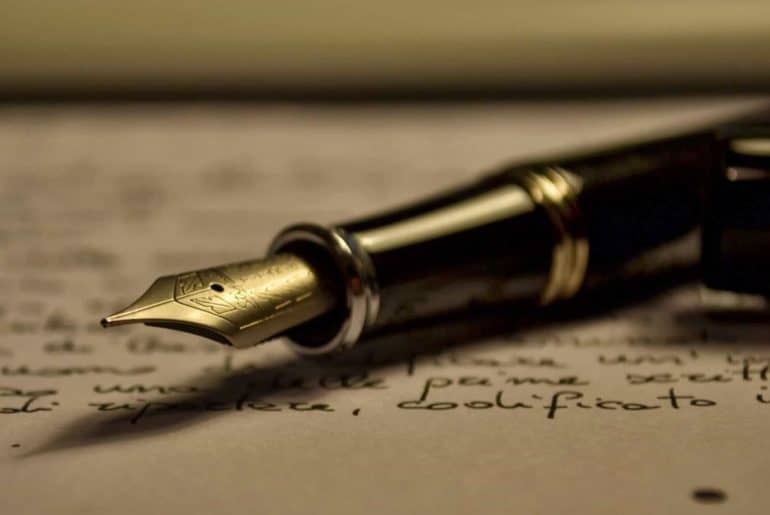The Aurat March is an annual political demonstration organised in various cities of Pakistan.
On the occasion of International Women’s Day, Pakistani womxn organised Aurat March across various cities in Pakistan. The Aurat March is organized under the banner of “Hum Auratain” (we women), an umbrella term for a collective of feminist women, transgender individuals, nonbinary persons, and gender and sexual minorities who stand against the patriarchal structures that result in the sexual, economic, and structural exploitation of women.
It all started two years ago when a couple of feminist groups from Karachi decided to hold a march on International Women’s Day, 8th March. Nighat Dad, the founder of Digital Rights Foundation and one of the organisers of the march in Lahore wrote, “The agenda of the march was to demand resources and dignity for women, for the transgender community, for religious minorities, and those on the economic margins, but more importantly, to acknowledge that women’s emancipation is inherently linked with improvement of all mistreated groups and minorities”.
According to the ‘Hum Auratain’ collective manifesto, there was no NGO or corporate funding and no political party alliance. It demands economic justice including implementation of labour rights, the Sexual Harassment against Women in the Workplace Act 2010, recognition of women’s input to the ‘care economy’ as unpaid labour and provision of maternity leaves and day care centres to ensure women’s inclusion in the labour force. It also demands environmental justice.
Women’s right to climate justice and resilience must be recognised and ensured, it said, access to safe drinking water, safe and clean air, protection of animals and wildlife, including cessation to the culling of stray dogs, and ensuring and protecting women’s food sovereignty, and recognition of women’s participation in the production of food and cash crops.
Other points in the manifesto included accountability and restorative justice against violence, access to a fair justice system, the inclusion of women with disabilities, the inclusion of transgender community, reproductive justice, access to public spaces including transport services and clean public toilets, inclusion in educational institutions, etc.
Then there were the more sedate messages. Five coffins were placed at one end of the park, with chilling signs stuck to them. ‘Honour Killing’, Transgender Killings’, ‘Child Victims’, ‘Domestic Workers/Polio Workers murdered’, and ‘Domestic Violence’ – a reminder of why women are killed every day.
The rally, organised by a collective called ‘Hum Auratain’ was huge and held in different cities – Karachi, Lahore, Islamabad, Peshawar and Hyderabad.
Feature Image Credits: Zuneera Shah for Dawn
Paridhi Puri








